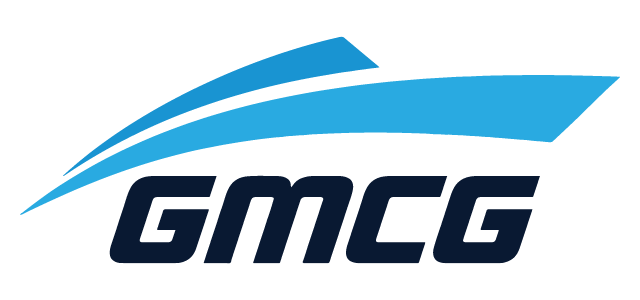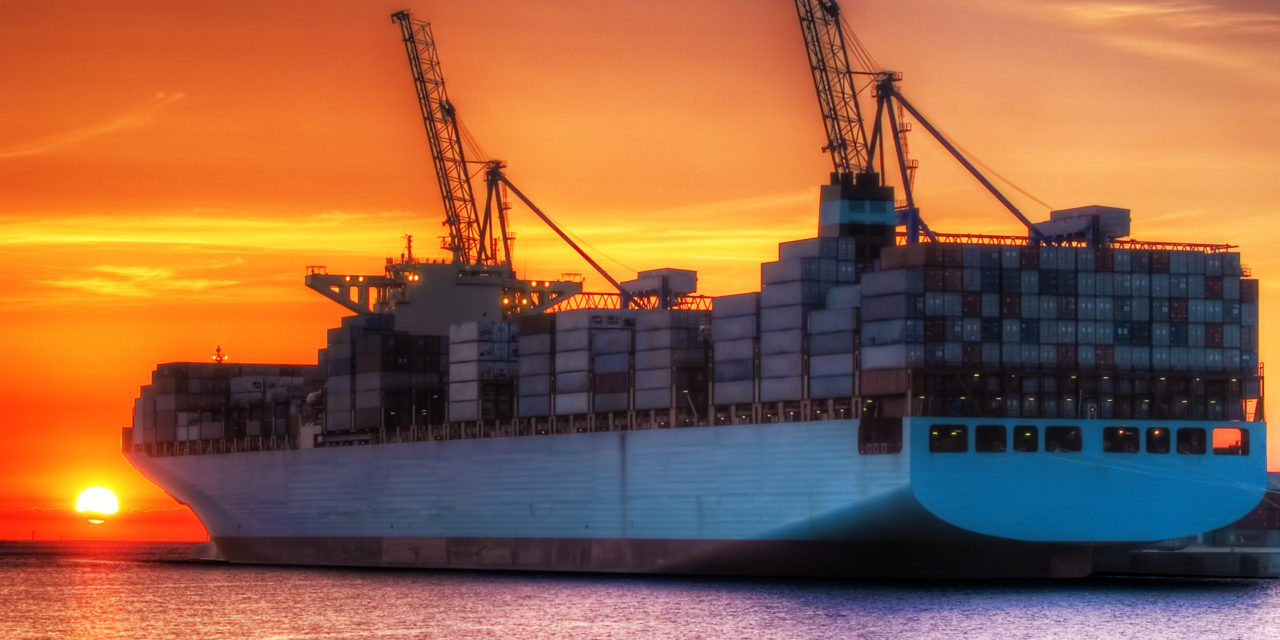Overview of the 2020 shipping regulatory landscape
2020 will see several regulatory changes, with the main on being the IMO 2020 sulphur cap. However, in addition to the sulphur cap regulation, numerous other regulations will also be implemented worldwide by the IMO and ILO over the course of the year.
In order to navigate operators through the upcoming regulatory scene, Siddharth Mahajan, Loss Prevention Executive Asia, Singapore, Gard Club, provides an insight of the most important international regulations that will enter into force in 2020.
1 January 2020
- 0.50% sulphur limit for fuel
The sulphur content of any fuel oil used on board ships for propulsion or operation shall not exceed 0.50% on or after 1 January 2020 outside emission control areas, except when the ship has an approved exhaust gas cleaning system (EGCS) installed onboard or uses alternative fuels.
- Maintenance of lifeboats, rescue boats, launching appliances and release gear
The requirements in MSC.402(96) relate to the following SOLAS regulations:
- SOLAS regulation III/20 – Operational readiness, maintenance and inspections;
- SOLAS regulation III/36 – Instructions for on-board maintenance.
- Prohibition on installations containing HCFCs
No system/equipment containing hydrochlorofluorocarbons (HCFCs) is permitted to be installed on ships constructed on or after 1 January 2020 and no new installation of the same is permitted on or after that date on existing ships.
- Foam firefighting appliances for helidecks and helicopter landing area
For helidecks the foam system shall contain at least two fixed foam monitors or deck integrated foam nozzles, and in addition, at least two hose reels fitted with a foam-making branch pipe and non-collapsible hose sufficient to reach any part of the helideck shall be provided.
- Means of escape on passenger ships
Escape routes shall be evaluated by an evacuation analysis early in the design process for ro-ro passenger ships constructed on or after 1 July 2019 and other passenger ships carrying more than 36 passengers and with a date of construction on or after 1 January 2020.
- Water quality of automatic sprinklers
There are two significant amendments to the International Code for Fire Safety Systems (FSS) Code. The first requires protection for parts of the system which may be subjected to freezing temperatures whilst in service and the second states that attention shall be paid to the specification of the water quality provided by the system manufacturer to prevent internal corrosion and clogging.
- Definition of vehicle carrier
Regulation II-2/3.56 of SOLAS is replaced by the following wording: “Vehicle carrier means a cargo ship which only carries cargo in ro-ro spaces or vehicle spaces, and which is designed for the carriage of unoccupied motor vehicles without cargo, as cargo.”
- Amendments to IMDG Code
Some of the key changes include an updated section for cargo transport units under temperature control, changes to special provisions list, and updated stowage codes for many substances. Summary of the changes can be found here.
- GMDSS amendments
At its 99th session, the MSC recognized Iridium as a mobile satellite communication service provider in the Global Maritime Distress and Safety System (GMDSS). Previously INMARSAT was the only approved satellite provider for GMDSS. There is consequently a slight change to the wording used in regulations and radio certificates with the words ‘a recognized mobile satellite service’ being added.
- Passenger ship safety
Safe return to port provisions will apply to existing passenger ships constructed before 1 January 2014 no later than the first renewal survey after 1 January 2025. Ships should be provided with operational information to facilitate the safe return to port following a flooding casualty, there must be an onboard stability computer or access to shore-based support.
- Amendments to the IMSBC Code
Amendment 05-19 will enter into force on 1 January 2021 but can be implemented voluntarily from 1 January 2020. It contains updates to various schedules, such as a new individual schedule for Bauxite fines as a Group A cargo.
- Requirements on subdivision and damage stability, and water tight hatches:
There are a number of amendments to SOLAS Chapter II-I, including:
- A butterfly valve may be used in the pipe piercing the collision bulkhead instead of a screw-down valve on cargo ships,
- Requirement for damage control drills on passenger ships;
- Water tight hatches must be tested in a manner similar to watertight doors.
- Harmonization of survey periods
There are new requirements to harmonize the survey periods of non-ESP cargo ships, i.e. ships not subject to Enhanced Survey Programme (ESP) code, and ESP ships.
- Performance standards for Shipborne Indian Regional Navigation Satellite System (IRNSS)
IRNSS is a regional navigation satellite system developed and operated by India, which is compatible with other navigation satellite systems worldwide. Resolution MSC.449(99) sets out the performance standards for IRNSS receiver equipment. It must include the following minimum facilities:
- antenna capable of receiving IRNSS signals;
- IRNSS receiver and processor;
- means of accessing the computed latitude/longitude position;
- data control and interface;
- position display and, if required, other forms of output.
- 0.1% sulphur limit in China
The sulphur content of fuel oil used on board sea-going vessels should not exceed 0.1% when operating in inland river control area. The inland river control area is the navigable waters of the main stream of the Yangtze River (from Shuifu, Yunnan to the mouth of the Liuhe River, Jiangsu) and the main stream of the Xijiang River (from Nanning, Guangxi to Zhaoqing, Guangdong). Our Alert on Chinese ECAs can be found here and an update from our correspondent summarizing China MSA’s implementation scheme can be found here.
- California’s at-berth emission requirements
California’s At-Berth Ocean-Going Vessels Regulation requires a fleet operator to reduce at-berth emissions from its vessels’ auxiliary engines at each California Port by 80% from 1 January 2020. This follows the 70% reduction target set in January 2017.
1 March 2020
Carriage ban on non-compliant fuel for ships not fitted with EGCS
Ships which do not have a scrubber, are prohibited from carrying fuel oil with a sulphur content higher than 0.50% on board after 1 March 2020.
31 March 2020
IMO Data Collection System (DCS)
The first reporting period for the IMO DCS started on 1 January 2019 and the report on fuel oil consumption for this reporting period should be submitted to Flag State or Recognized Organization no later than 31 March 2020. Vessels will be issued with a statement of compliance by the classification societies after verification of data but no later than 31 May 2020.
1 October 2020
- Use of electronic record books
IMO’s MEPC’74 adopted amendments regarding the use of electronic record books (ERB). The IMO hopes this will help reduce the heavy burden associated with paperwork and contribute to environmental initiatives.
- Amendments to NOx technical code 2008
There are two NOx certification schemes for diesel engines fitted with selective catalytic reduction (SCR), which are:
- Scheme A: where the SCR and the engine are tested together, i.e. combined testing
- Scheme B: they are certified separately before installation
28 October 2020
- Ballast water management system (BWMS)
Ballast Water Management systems installed on or after 28 October 2020 must be approved in accordance with the IMO Code for Approval of Ballast Water Management Systems (BWMS Code), whereas systems installed before 28 October 2020 must be approved either in accordance with BWMS Code or the 2016 G8 guidelines adopted by MEPC.279(70) or the G8 guidelines adopted by MEPC.174(58).
26 December 2020
2018 amendments to the Code of the Maritime Labour Convention
Standards A2.1 and A2.2 have been amended and now mandate shipowners to pay wages and other entitlements to seafarers where the seafarer is held captive on or off the ship as a result of acts of piracy or armed robbery against ships.
31 December 2020
EU legislation on ship recycling (SRR): Inventory of hazardous materials (IHM)
All non-EU and existing EU vessels calling at a port or anchorage of an EU member state must have an IHM. EU registered vessels must have an inventory certificate (IC) or a ready for recycling certificate, whereas for non-EU vessels initial control is limited to a statement of compliance (SOC).


